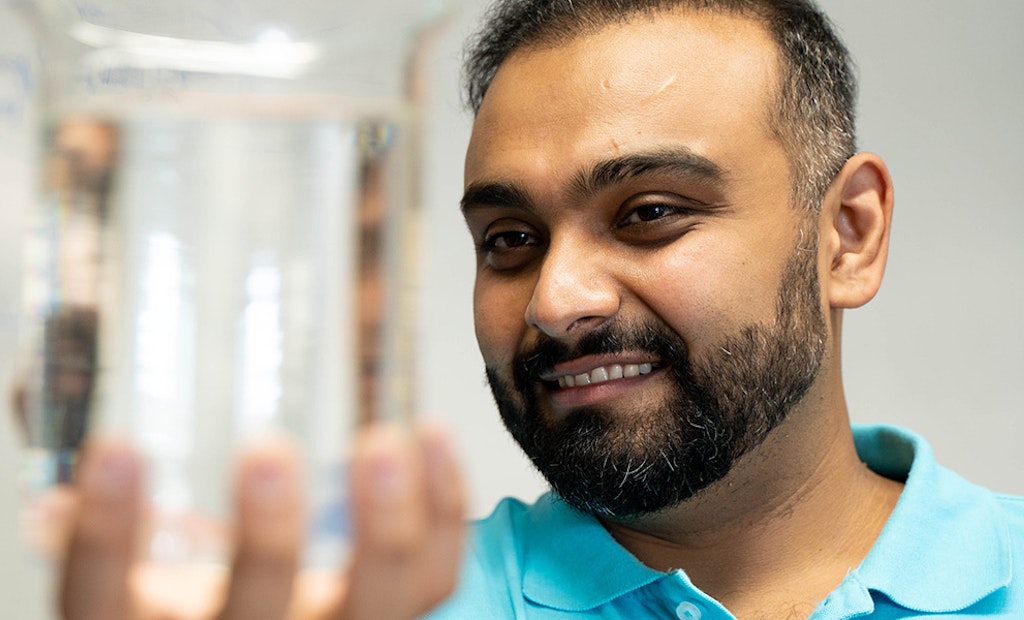
UBCO researcher Haroon Mian has developed a framework that can help water distributors supply safe drinking water while dealing with issues of climate change and sustainability.
While residents in California are still dealing with damage from last month's floods — after years of devastating droughts — University of British Columbia-Okanagan engineers are looking at better ways to manage the delivery of safe drinking water to homes.
Things to consider...





